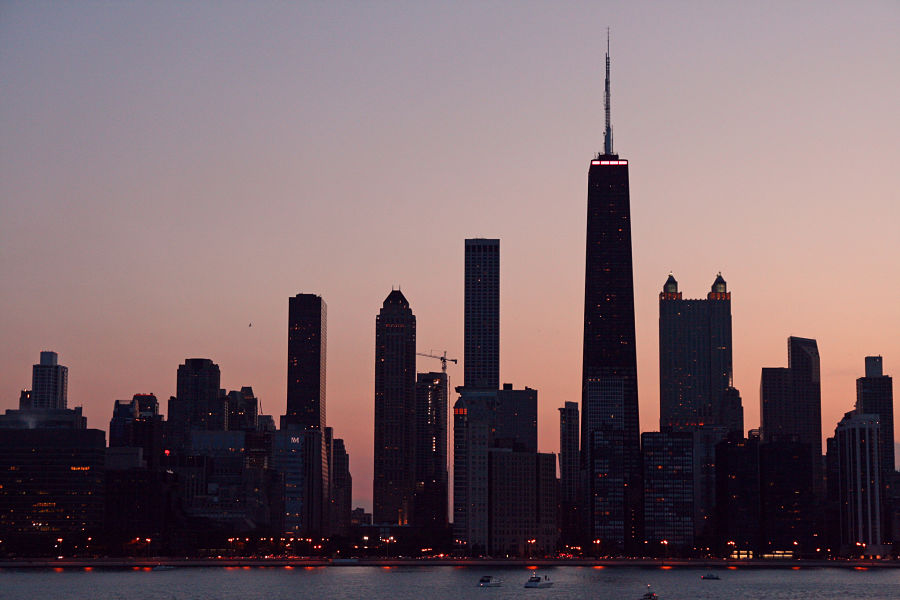A Windy City Mirror
Some of the nation’s biggest theatrical questions are being asked, and vigorously answered, in Chicago.

In the realm of showbiz clichés, Chicago seems to have accumulated an outsized share of received notions: Why, it’s that storefront theatre town rife with muscular kitchen-sink realism and fearless improv, with a chip on its broad shoulder about the presumptive stage primacy of New York and a strain of hometown pride unique among American theatre cities. There are kernels of truth at the bottom of these tropes, but they’re in dire need of an update: Yes, Chicago theatre has indisputably been defined by an ensemble ethic, and yes, it does inspire fierce internal loyalty (and a commensurate degree of territorial in-fighting). But many of its stage artists and audiences long ago moved beyond the purported macho naturalism and insularity of its founding mythology—even at the theatres, like Steppenwolf, that helped create it. This special issue will take a fresh look at what has made Chicago Chicago, and why in 2019 it arguably remains the most vibrant theatre city in the U.S.
Some of the nation’s biggest theatrical questions are being asked, and vigorously answered, in Chicago.
The Windy City challenges and inspires the theatre ecosystem from coast to coast.
A town known for tight acting ensembles and distinctive writers may have another ace in the hole: its directors.
What makes Chicago’s well-known ensemble ethos special, and where did it comes from? A new book finds some surprising answers.
The reality behind Chicago’s mythic small-theatre scene: hard work, low pay, burnout—and growing signs of solidarity.
How Chicago’s theatre scene reflects its legacy of racism—and what can be done to fight it.
From dramaturgs to directors to teachers, here are 6 Windy City artists to keep on your radar.
Armed with the idea that truth-telling and empathy don’t have to be mutually exclusive, they founded Rescripted, an independent Chicago theatre publication.
Artists of color have had to work hard just to get to work in the Windy City, and in the process they’ve changed its theatres for the better.